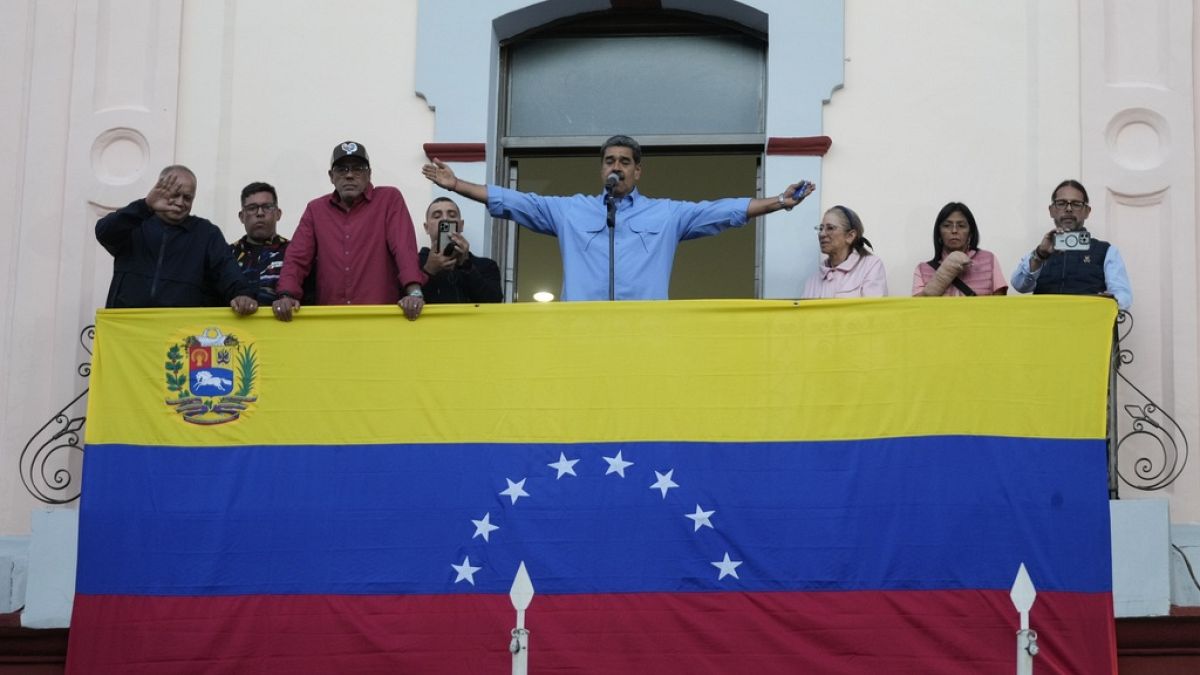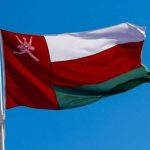The Carter Centre, a US-based organization that promotes democracy and human rights, has expressed concerns over the validity of incumbent president Nicolas Maduro’s apparent win in Venezuela’s presidential election. The group stated that the election did not meet international standards and cannot be considered democratic due to a lack of transparency in the results. The electoral authority’s failure to announce individual polling tallies was highlighted as a serious breach of electoral principles. This criticism comes after a day of protests by opponents of Maduro who claim their candidate, Edmundo Gonzalez, won by a significant margin.
Maduro’s government has not taken the criticism lightly, with some allies suggesting that the opposition’s most influential leader and presidential candidate be arrested. The opposition, on the other hand, released detailed voting data showing that Gonzalez won by a landslide. However, the National Electoral Council, which is loyal to Maduro, has not released any results from the polling centre level. This lack of transparency has led to calls from global leaders such as US President Joe Biden and Brazilian President Luiz Inácio Lula da Silva for Venezuela to release the data to ensure a democratic process.
Venezuela has faced significant challenges in recent years, including plummeting oil prices, widespread shortages, hyperinflation, and social unrest. This has led to the largest exodus in Latin America’s recent history, with more than 7.7 million Venezuelans leaving the country since 2014. As both sides continue to defend their claim to victory, supporters have taken to the streets in protests, demanding transparency in the election results. Opposition leaders have called for a peaceful transition and urged their supporters to remain calm and avoid violence amidst growing tensions.
The post-election climate in Venezuela has raised alarm among human rights organizations, with reports of hundreds of arrests, including children, and the disproportionate use of force by law enforcement officials. The United Nations Human Rights Chief expressed deep concern over the situation and called for an end to violence. In response to the protests, residents in Caracas have begun to stock up on supplies, anticipating prolonged demonstrations that could lead to food shortages. The recent protests have also seen acts of civil unrest, such as the toppling of a statue of Maduro’s predecessor, Hugo Chavez, in the port city of La Guaira.
Despite hopes for a peaceful election, the situation in Venezuela remains tense, with both sides continuing to dispute the results. The outcome of the election is seen as critical for democracy in the hemisphere and for the future of Venezuela’s economy and population. As global leaders call for transparency and respect for democratic principles, the citizens of Venezuela await a resolution to the political crisis that has gripped the country.










